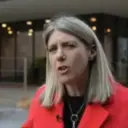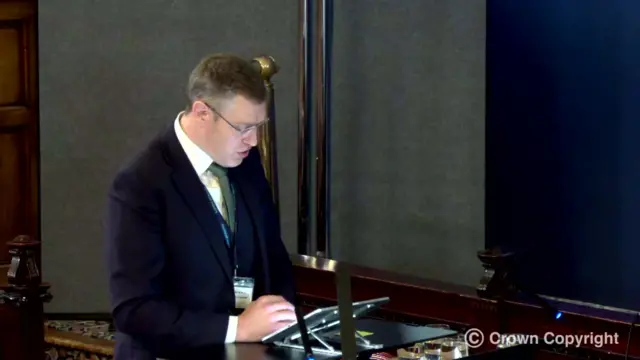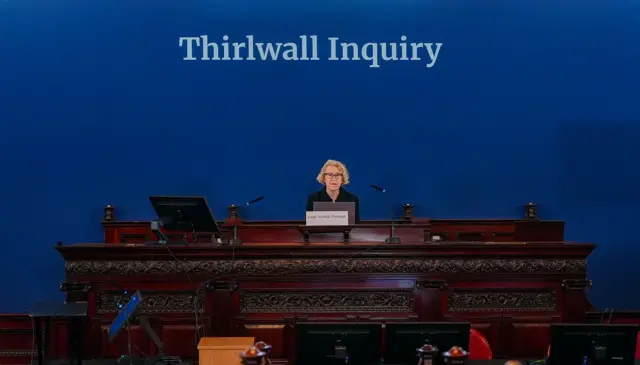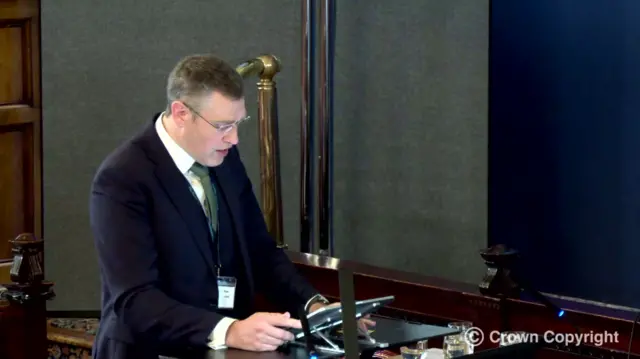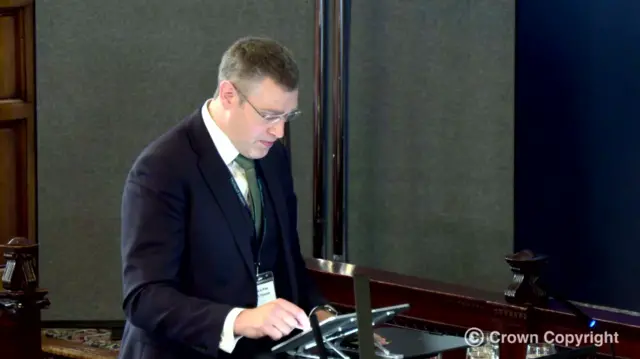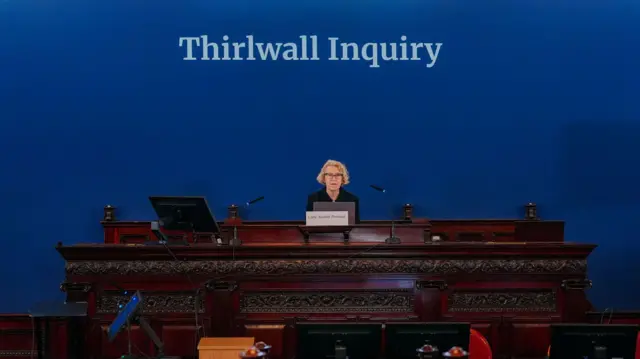Letby attempted to murder baby on second day of hospital inspection, inquiry hearspublished at 13:07 BST 11 September 2024
Staying on that subject area, Nicholas de la Poer KC says the inquiry will look at why the Care Quality Commission "did not detect prior to or during the inspection the concerns on the neonatal unit".
He notes that Letby "attempted to murder Child K in the early hours of 17 February 2016" - the second day of the inspection.
